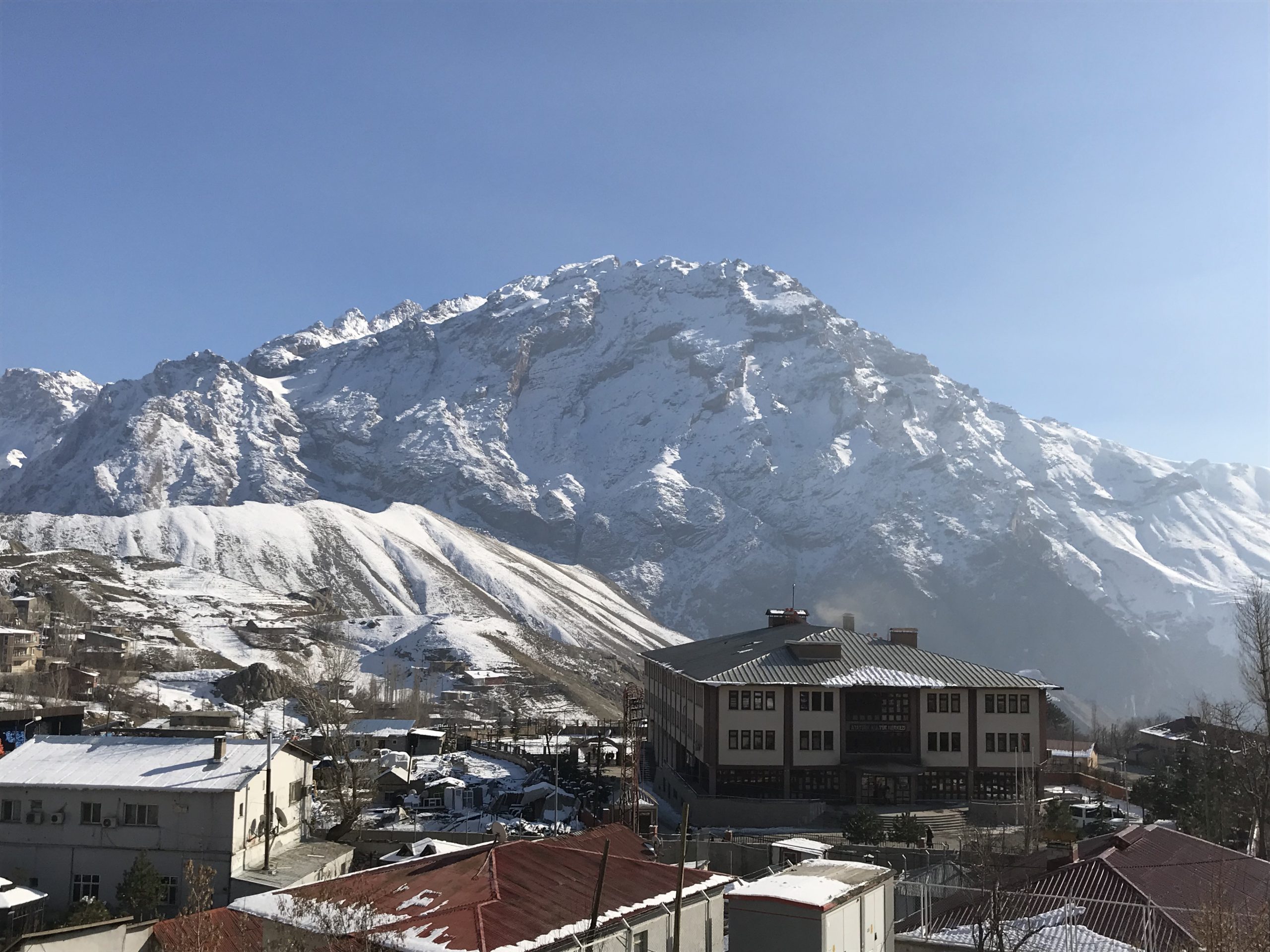I was reading Steve Portigal’s Doorbells, Danger, and Dead Batteries book and got encouraged to share a story. If you don't know the book; it's gives behind-the-scene stories and some challenges from user researchers at work. This particular story is not a user experience research but an interviewing experience that got stuck with me and gave some lessons.
Experiences that I have gained through voluntary work over the years have been helping me a lot in my personal and professional life. I started volunteering when I was 20 years old and got to do various kinds of tasks.
About 10 years ago I jumped into a world that has changed my life, I decided to do a high school exchange. I went through a process that included having an interview with three people. After passing all the steps successfully I was lucky enough to spend a year abroad as a high school student in a different country, get to know new cultures and people, and have an amazing family with whom I am still in touch with. After a year, I returned back to Turkey, and now I was on the other side of the table.
Interviewing new candidates who wanted to do the same exchange was one of the first things that I wanted to do after my return. In order to be an interviewer, I had to complete some steps. The first step was participating in training about how to conduct interviews with an emphasis on the funnel technique. Then another one about the things to keep in mind for providing a comfortable environment for participants followed with what we are trying to achieve with the interviews. Values to focus on and a protocol to follow. After all this, I was the best interviewer, at the age of 19, in town! Kidding. My first year went by doing observations and maybe asking one or two questions. Over the years I got to be more active and lead the interviews.
"This is going to be a fun ride"
In 2017, after my return from the US to Turkey, I had a chance to go and volunteer in Hakkari, Turkey. It is a small city locked in-between mountains, stuck between Iraq and Iran, associated with bombs and endless fights between the Turkish Army and the Kurdish rebel groups.
We were three people who knew each other well and asked to do what we were doing over the years; conducting interviews by following the same protocol. One thing that we forgot to consider was our target group and our personal skills.
Our interview protocol was something that we were familiar with, after all, we have been using it for 6-7 years by then. As it says in the protocol and shared with people during the trainings, we were supposed to provide an environment where people can express themselves comfortably. Here is the thing. None of us knew Kurdish and - surprise!- for some people who live in this region it was their native language. The reality of people learning Turkish as a second language when they were young hit us during the welcoming session. The students were chatting about languages and some of them mentioned the time they learned Turkish, one being 2 years ago. After welcoming our participants we had a short meeting where the following dialogue happened:
Hey peeps, do you know Kurdish?
Nope.
Cool. This is going to be a fun ride.
We were relaxed and comfortable before the welcoming session because, well you know, we conducted this kind of interviews for years. Very confident that we wouldn't have any big issues, and then realized that we were completely wrong. Our previous interviews were conducted in similar geographical areas. We have never been to this region of the country and never had to think about the language barrier.
How can we provide a comfortable environment in this situation? Students are already under pressure because this interview might provide an opportunity that could change their life. On top of that, some of them think that their Turkish is not very good but they have to express their thoughts and past experiences with us during the interview.
We were lucky to have a local volunteer who speaks Kurdish with us and he jumped in to help with translation to make sure that our candidates could answer the questions and express themselves. Having someone to help them with the language barrier made them feel better. Seeing how much we cared about getting to know them also made them feel comfortable, at least that was their feedback.
We "survived" the interviews and learned some good lessons.
Takeaways
Lesson 1: Know your target group. Just because your previous experiences went well, doesn’t mean it’ll always work out.
Lesson 2: Be flexible. Sometimes things don’t go as planned. Not even close to what you plan. Flexibility helps to get over it.
